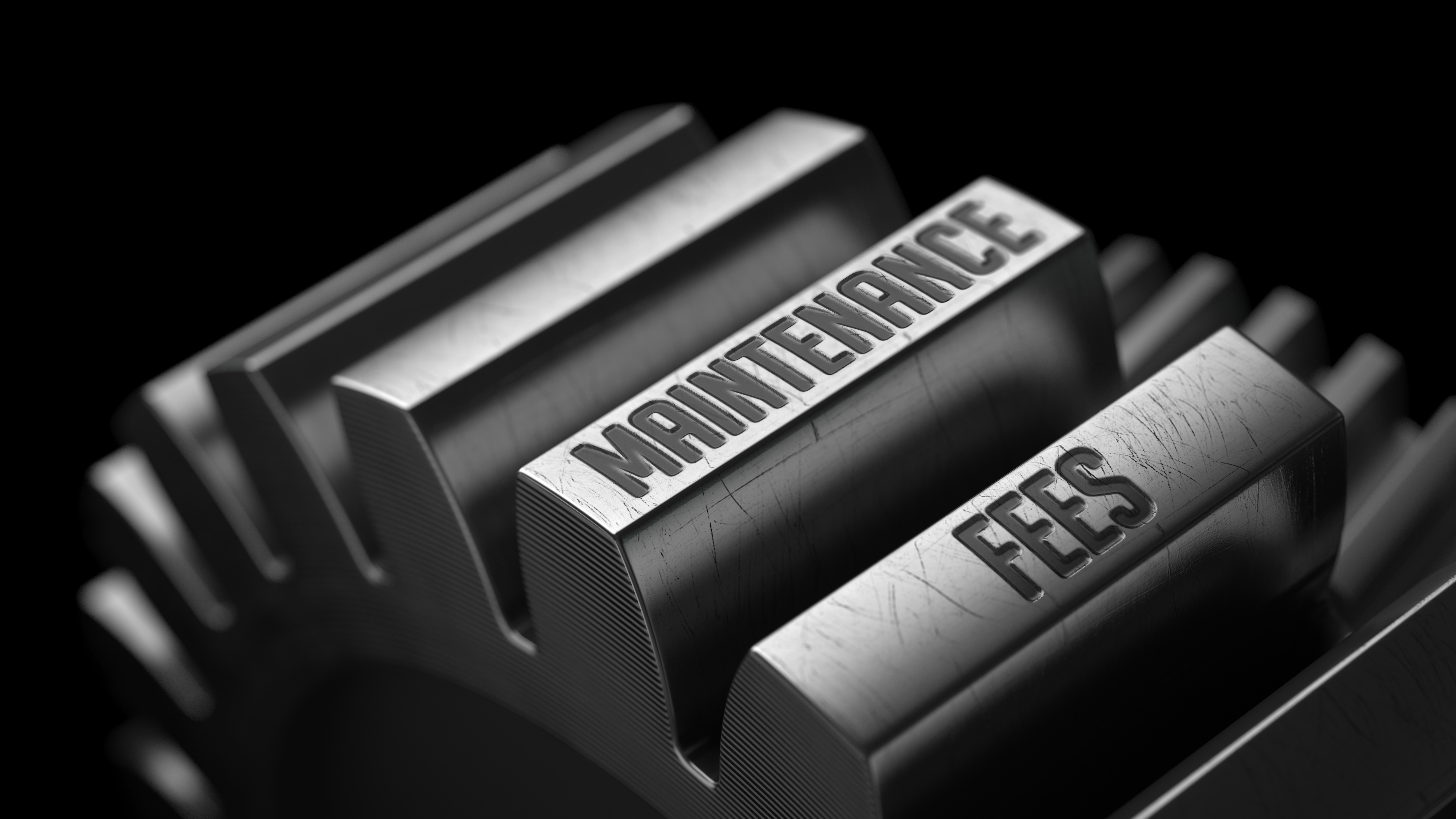Why Do Credit Unions Charge Monthly Fees for Having a Checking Account?

Whether credit unions charge a monthly fee for your checking account typically depends on your balance and the balance requirements stipulated for free checking in your contract. They waive or charge fees based on some important operational considerations as well as a desire to remain competitive with other banking and financial institutions.
Why Aren’t All Checking Accounts Free?
Providing and facilitating checking accounts, which offer a broader set of capabilities compared to savings accounts, does require resources. Users will need a physical debit card and checks as well as the ability to make electronic payments and wire transfers, which must be processed using the bank’s resources.
There are other ancillary costs a bank or credit union will inevitably incur when they offer checking accounts, such as fraud prevention, account maintenance and customer service for members when an issue arises.
Because balances in checking accounts are often small for many customers, there’s less money available in these accounts for the banks to lend out to other borrowers. This means there’s less interest-earning potential from checking accounts. Banks and credit unions may want to charge monthly fees to offset the lower earning potential compared to savings products, like share certificates or savings accounts.
Checking accounts are often the one service line that is most responsible for banking overhead, like physical branches and ATMs. When people go to an ATM, it’s usually to draw money from or deposit money into a checking account. There are also some regulatory compliance issues related to checking accounts that may increase a bank’s overhead.
The value-added services rolled into checking accounts, like rewards programs, overdraft protection and Courtesy Pay, can represent a significant expenditure for banks and credit unions.
Why Aren’t All Savings Accounts Free?
Savings accounts may pose a slightly different set of concerns or considerations for banks and credit unions. Some factors, like regulatory requirements, are similar, although the specific regulations may vary. For example, there are government-mandated limits on withdrawals from certain types of savings accounts per month.
Savings accounts also yield interest for the savers, which is paid by the bank. This can potentially be an added expense exclusive to savings accounts and special high yield checking accounts.
The interest paid out on savings accounts is offset by the interest banks earn by lending out the money customers are putting into their savings accounts. Banks and credit unions have an incentive to encourage banking customers to maximize their savings in these accounts, which is one reason why they might impose fees related to minimum balance requirements.
Encouraging customers to maintain high savings account balances results in more interest revenue for banks and credit unions, since they can lend out money saved in those accounts to other customers.
How Do Banks and Credit Unions Determine What Fees They Will Charge?
Although the perceived value of the accounts and the perks customers are willing to pay for can influence fees, the biggest driver is competition.
Banks and credit unions share a lot of similarities, with the vast majority of them offering essentially identical and interchangeable services. One of the primary ways they compete for customers, other than offering better annual percentage yield or interest payments on savings products, is by offering lower fees for everyday financial tools like checking accounts, savings accounts and credit cards.
Like any industry, banks and credit unions attempt to maintain a delicate competitive balance. Offering a combination of superior services, enhanced accessibility or better perks may allow them to charge more than competitors, but there’s always a tipping point where consumers won’t be willing to pay extra for added convenience or perceived quality.
How to Avoid Paying for Checking or Savings
Always learn about checking or savings accounts before you enroll in them, including the perks and fees. Many modern accounts are free as long as you maintain a specified minimum balance, and getting a free account is always preferable to paying for one if the option is available.
Some higher cost accounts may offer perks you can’t get in a free checking or savings account, or you might prefer to keep all your accounts in an institution that charges for checking or saving because it’s more convenient or you get institutional perks from having all your accounts at the same place.
Always learn about your options before choosing a bank. There may be an obvious right choice for your situation, but you can’t know for sure until you do the research.
OnPath Federal Credit Union Is the Best Option for Many New Orleans Banking Customers
At OnPath Federal Credit Union, we’re proud to be the obvious best choice for many banking customers who have weighed their options and decided our products and services make the most sense for their finances.
Being a non-profit institution allows us to focus on the needs of our customers, which includes offering lower fees on checking and savings products while providing better yields than many competitors.
You can learn more about our accounts on our website or contact us at 800.749.6193 to become a member.